ARTICLE AD BOX
Singapore’s People’s Action Party (PAP) has secured another decisive victory in Saturday’s general election, winning 87 out of 97 parliamentary seats and 65.6 per cent of the popular vote, according to the Election Department.
The result marks a strong endorsement for prime minister Lawrence Wong in his first electoral test as head of government, a year after he took over leadership of the long-ruling party.
The outcome not only extends the PAP’s uninterrupted 66-year rule but also reflects a swing in support from its near-record low of 61.2 per cent in the 2020 polls.
Voters backed the party in a campaign shaped by economic headwinds and regional instability, delivering early wins in key battlegrounds like Punggol GRC, Tampines GRC, and Jalan Kayu SMC.
At a press conference following the vote count, Mr Wong described the result as “deeply humbling” and “a clear signal of trust, stability and confidence” from Singaporeans. He acknowledged that voters also wanted more alternative voices in government, but said the strong PAP mandate would give Singapore the best chance to navigate an uncertain world.
“The results will put Singapore in a better position to face this turbulent world,” he said. “We will honour the mandate you have given us.”
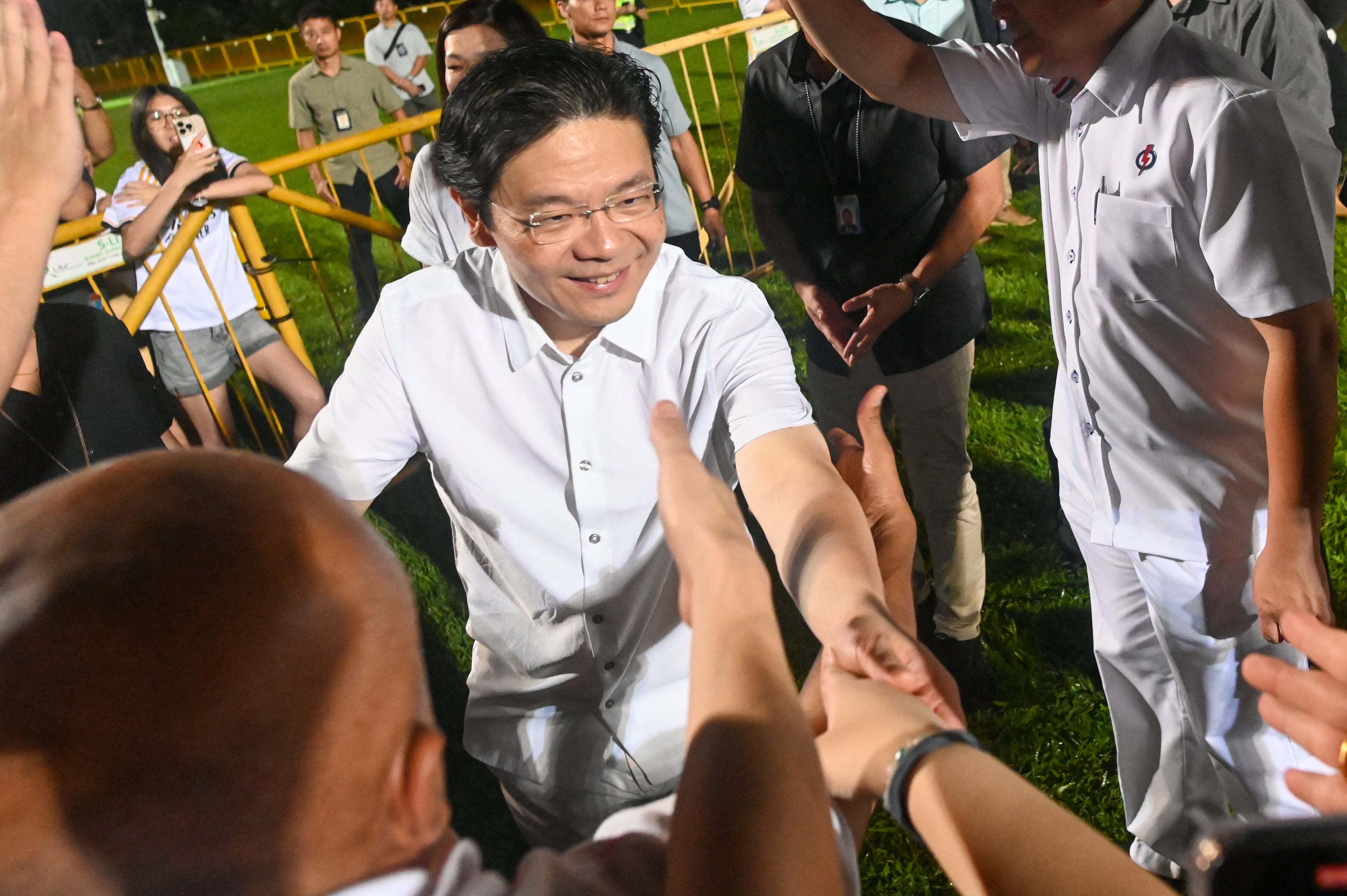
Thanking voters for their support, Mr Wong said his immediate priority would be to form a Cabinet and confirmed that all key MPs had been returned to Parliament. “I will announce the Cabinet line-up when ready,” he added.
A US-trained economist and current finance minister, Mr Wong had appealed for a strong mandate to guide Singapore through economic headwinds worsened by global trade tensions and protectionist policies. At 52, he now faces the challenge of addressing rising living costs and a housing crunch, even as the economy braces for a potential recession.
Despite retaining its 10 seats, the opposition Workers’ Party saw heavy losses in many constituencies. PAP candidates won more than two-thirds of the vote in 18 of 33 contested races.
Leader of the Opposition and the WP’s secretary general Pritam Singh told supporters: “We start work again tomorrow, and we go again.
“Your support has been so important in the mission of achieving and working towards a more balanced parliament. That work also continues.”
“The voters have spoken and they have voted for stability, for continuity, for certainty – and they voted to give Prime Minister Lawrence Wong a strong mandate,” said Mustafa Izzuddin, adjunct senior lecturer at the National University of Singapore, told Reuters.
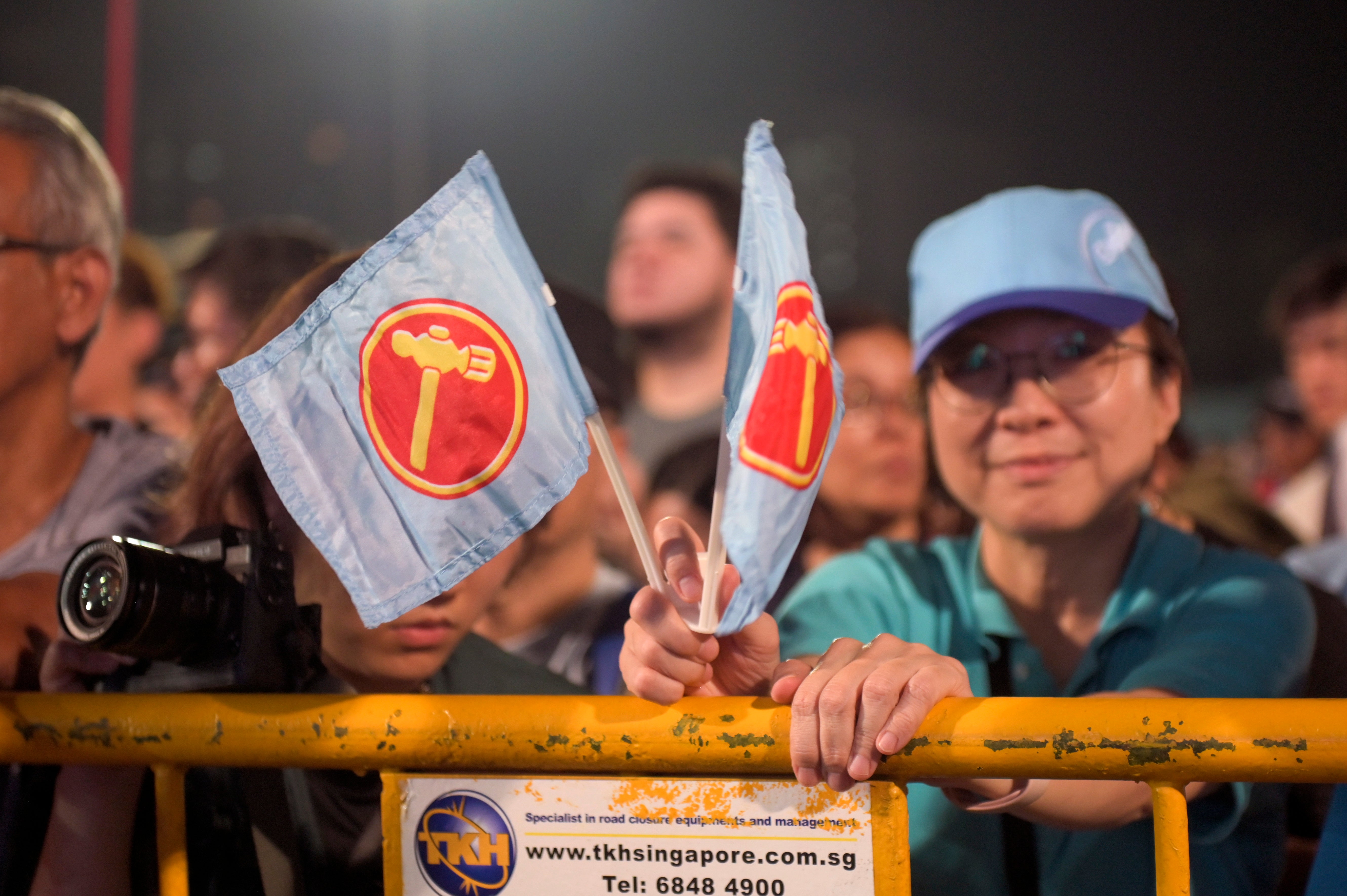
Mr Wong’s victory marks the beginning of a new chapter in Singapore’s leadership. He succeeded Lee Hsien Loong in May 2024, becoming the city-state’s fourth prime minister. Mr Lee, who stepped down after 20 years in office, remains in Cabinet as a senior minister. His retirement closed a significant chapter in Singapore’s political history, ending a family dynasty that began with founding prime minister Lee Kuan Yew, who led the nation for 31 years and transformed it into one of the world's most developed economies.
Speaking after the results, Mr Wong acknowledged emerging signs of a slowdown in Singapore’s economy and pledged to treat it as a priority. “We will do more to get Singapore through the storm safely,” he said.
He emphasised that the real contest was not between the PAP and the opposition, but between Singapore and a turbulent global environment.
Framing the country as a perennial underdog, Mr Wong urged unity over division: “Singapore is the underdog we have always been, and we will continue to be, despite what we have achieved today. So to improve our chances, we cannot afford to fight one another.”
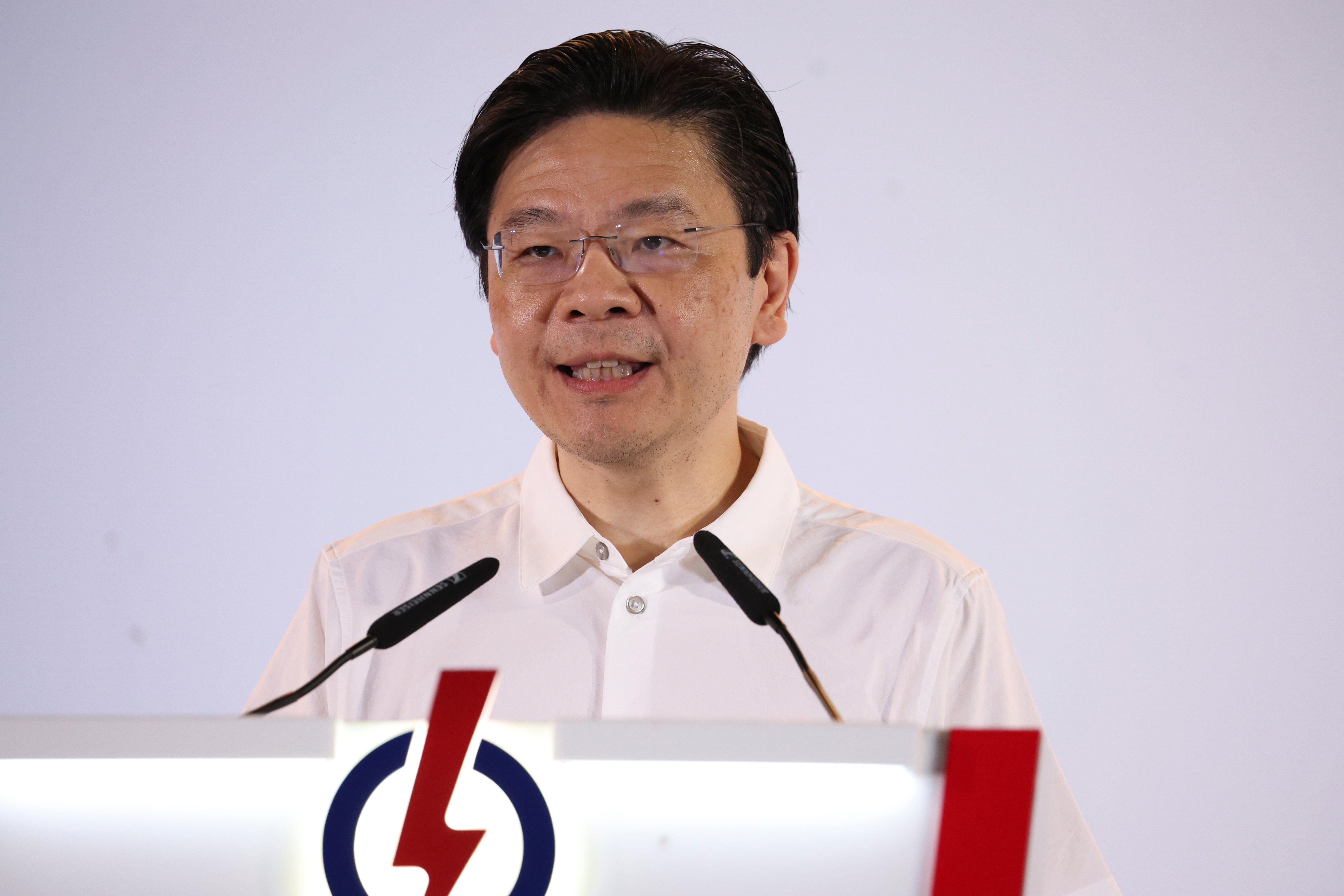
He also warned against attempts to sway voters along racial or religious lines, reinforcing the PAP’s message of multiracial harmony and national resilience.
World leaders were quick to extend their congratulations to Mr Wong and the PAP following their victory.
The US, a longstanding ally, reaffirmed its commitment to the relationship. Secretary of State Marco Rubio highlighted the nearly 60-year strategic partnership between the two nations, calling it “strong and enduring.”
“We look forward to continuing to work closely with the newly elected government and Prime Minister Wong to strengthen economic growth and our bilateral defence and security ties,” he said.
Regional leaders echoed the sentiment. Indonesian president Prabowo Subianto praised the “decisive victory” as a reflection of Singaporeans’ trust in Wong’s leadership and said he looked forward to strengthening bilateral ties.
Japanese prime minister Shigeru Ishiba also extended his congratulations, adding that he hoped to deepen cooperation as the two countries approach the 60th anniversary of diplomatic relations in 2026.
India’s prime minister Narendra Modi described the Singapore-India relationship as “strong and multifaceted” and said he looked forward to working closely with Mr Wong to advance the Comprehensive Strategic Partnership.
Malaysia’s prime minister Anwar Ibrahim spoke of the “enduring ties of kith and kin” between the two countries, highlighting the importance of the Johor-Singapore Special Economic Zone and said it could become “a shining example of what neighbours can achieve, with conviction and shared purpose”.

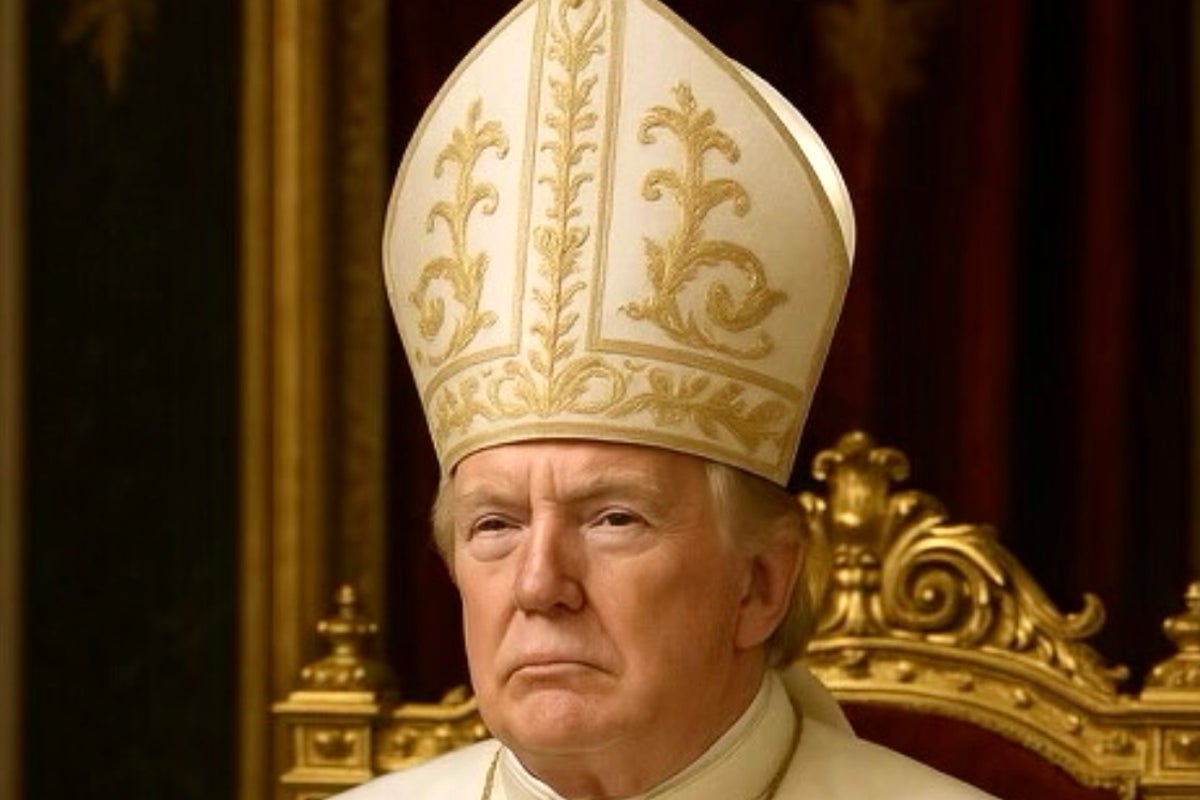

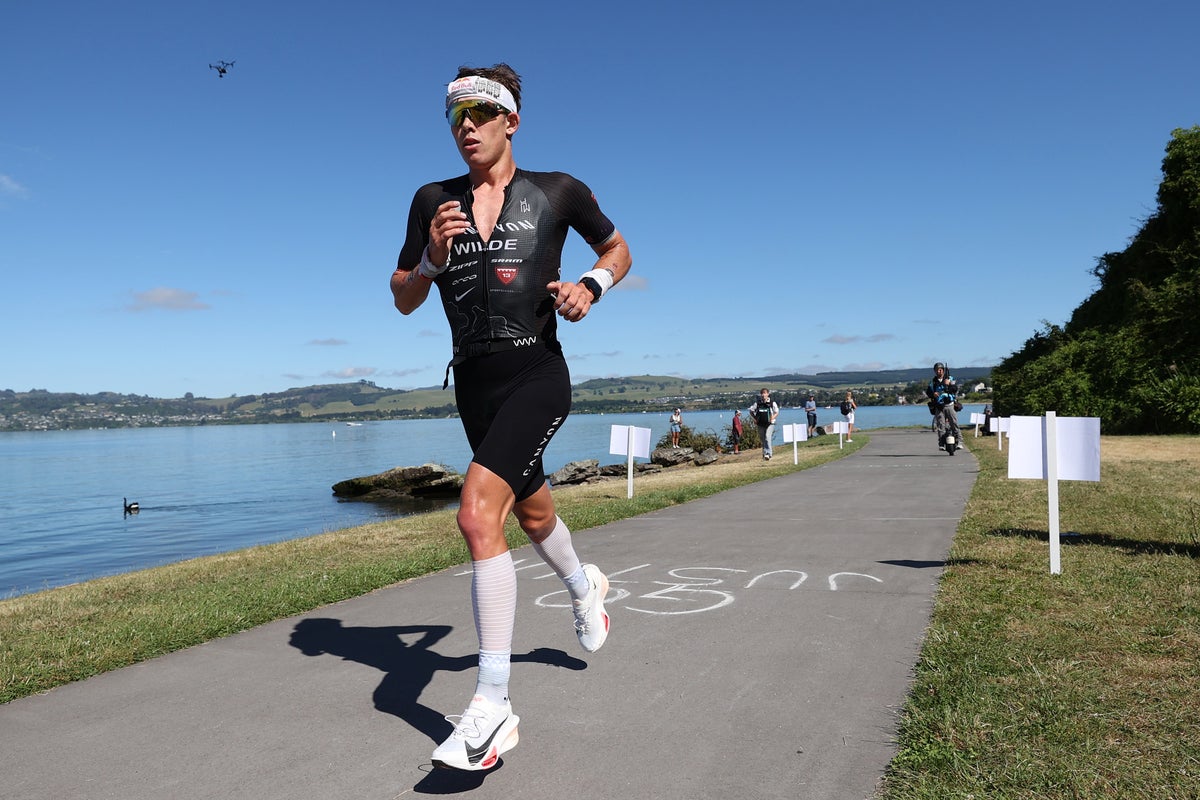





 English (US) ·
English (US) ·